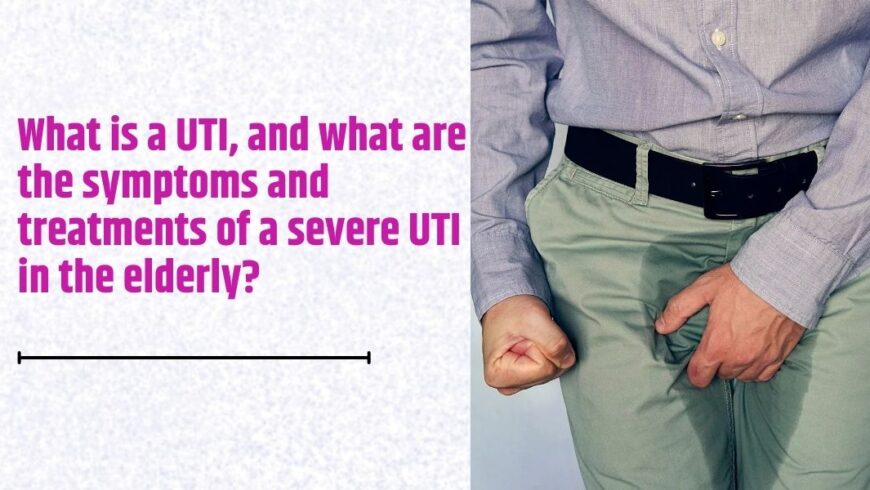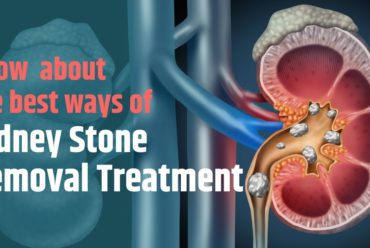What is a UTI, and what are the symptoms and treatments of a severe UTI in the elderly?
Urinary tract infections are a class of infections that involve organs of the urinary system, such as the kidneys, bladder, ureters, and urethra. However, UTI can affect anyone and is more common among the elderly, who often have serious signs and symptoms of the infection. For anyone seeking a urologist in Hadapsar, it is critical to familiarize yourself with the details concerning the UTI and its management.
What is a UTI?
A UTI is an infection caused by bacteria entering and multiplying in the urinary tract. Ecoli is the leading cause of UTIs, and while the infection can begin as a bladder infection, it can advance to a kidney infection. The structure of the female urinary system makes women more susceptible to UTIs because their urethra is shorter, thus permitting bacteria a smoother path to the bladder. However, they noted that not only women are affected by this, but men especially older men with prostate problems, can also be impacted.
Symptoms of a urinary tract infection:
The symptoms of a urinary tract infection can vary depending on the severity and location of the infection. Common symptoms include:
Frequent need to urinate: An increased need to urinate, even if only a small amount of urine is produced.
Burning sensation: Pain or burning when urinating.
Smelling urine: Changes in the appearance or smell of your urine.
Pelvic pain: Discomfort or pressure in the lower abdomen.
Blood in the urine: Blood in the urine, can be a sign of a more serious infection.
Older people can sometimes have more severe symptoms, including
Confusion or delirium: Sudden changes in mental status.
Fever and chills: Signs of a more systemic infection.
Fatigue: Unusual tiredness or lethargy.
Loss of appetite: Reduced desire to eat, which may lead to further health complications.
Severe urinary tract infections in the elderly
Severe urinary tract infections can be particularly dangerous for older people, especially if they affect the kidneys.
Older people are at higher risk of complications due to a weakened immune system, pre-existing health conditions and sometimes delayed diagnosis because symptoms can be less specific.
Symptoms of severe UTI in older people include
High fever: This may indicate that the infection has spread to the kidneys.
Severe back or side pain: A sign of kidney involvement.
Nausea and vomiting: Often associated with systemic infection.
Sepsis: A life-threatening condition in which, in severe cases, the infection can spread to the bloodstream.
Treatments for severe UTIs
Prompt treatment is important, especially for severe UTIs in older people. Treatments usually include
Antibiotics: The first-line treatment for urinary tract infections.
The specific antibiotic and duration of treatment will depend on the type and severity of the infection. It’s important to complete the full course of antibiotics, even if symptoms improve, to make sure that the infection is cured.
Stay hydrated: Drinking plenty of fluids helps flush out bacteria from the urinary tract.
Hospitalization: Severe infections, especially in older people, may require hospitalization for intravenous antibiotics and fluids.
Pain relief: Medication may be prescribed to relieve the pain and discomfort associated with UTIs.
Monitoring and follow-up: Regular follow-up appointments with a healthcare provider, such as a urologist, are necessary to ensure that the infection is completely cleared and to prevent recurrence.
How to find a urologist in Hadapsar, Pune, at Dr. Mulay Superspeciality Hospital
If you live in or around Hadapsar, finding a specialist urologist can greatly improve the management of urinary tract infections, especially in severe cases. Urology specialists are specialists in the urine system and can provide complete care, from diagnosis to treatment and follow-up care. When looking for a urologist in Hadapsar, consider their experience, patient reviews, and the range of services they offer.







